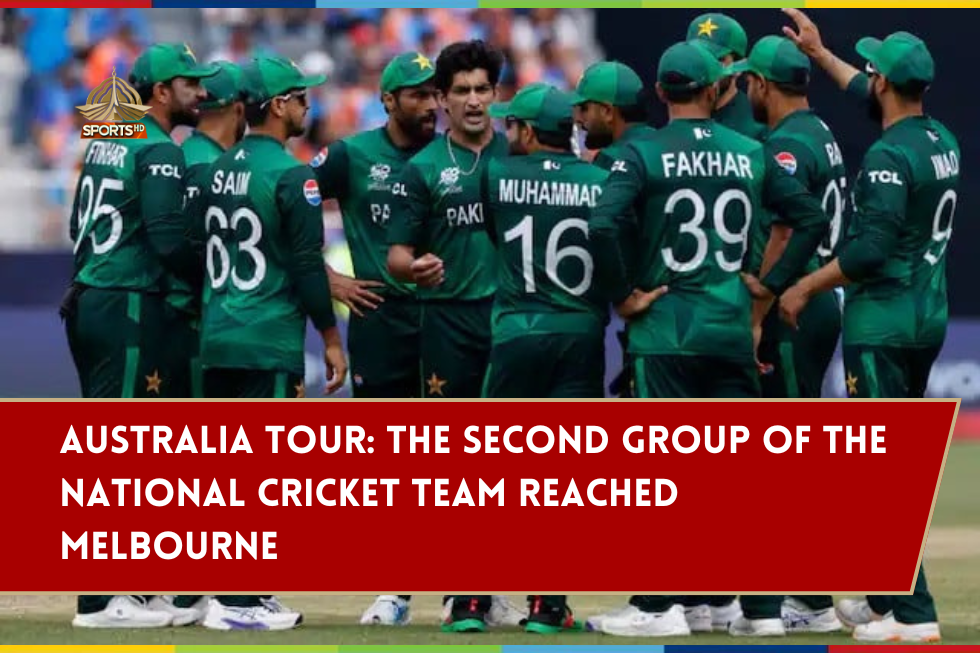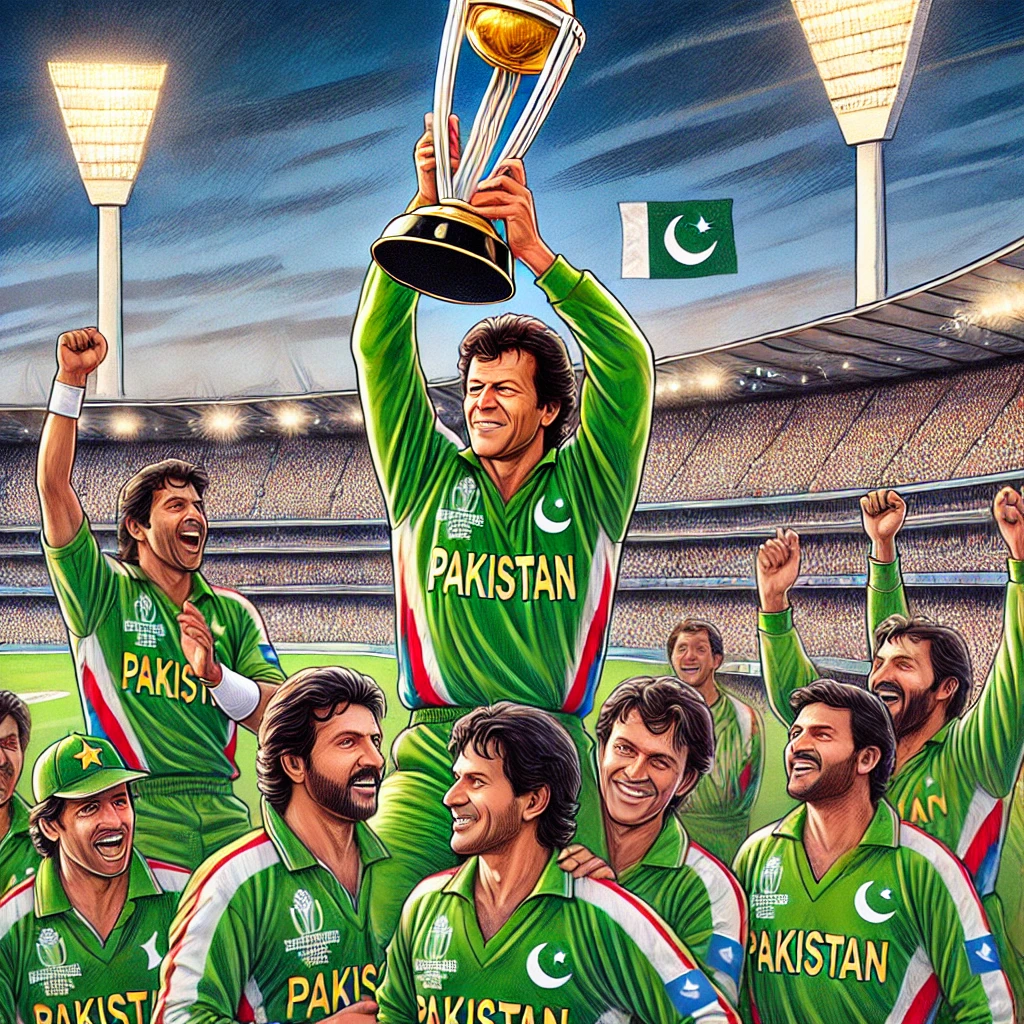
ICC World Cup 1992: The Historic Journey That Changed Cricket Forever
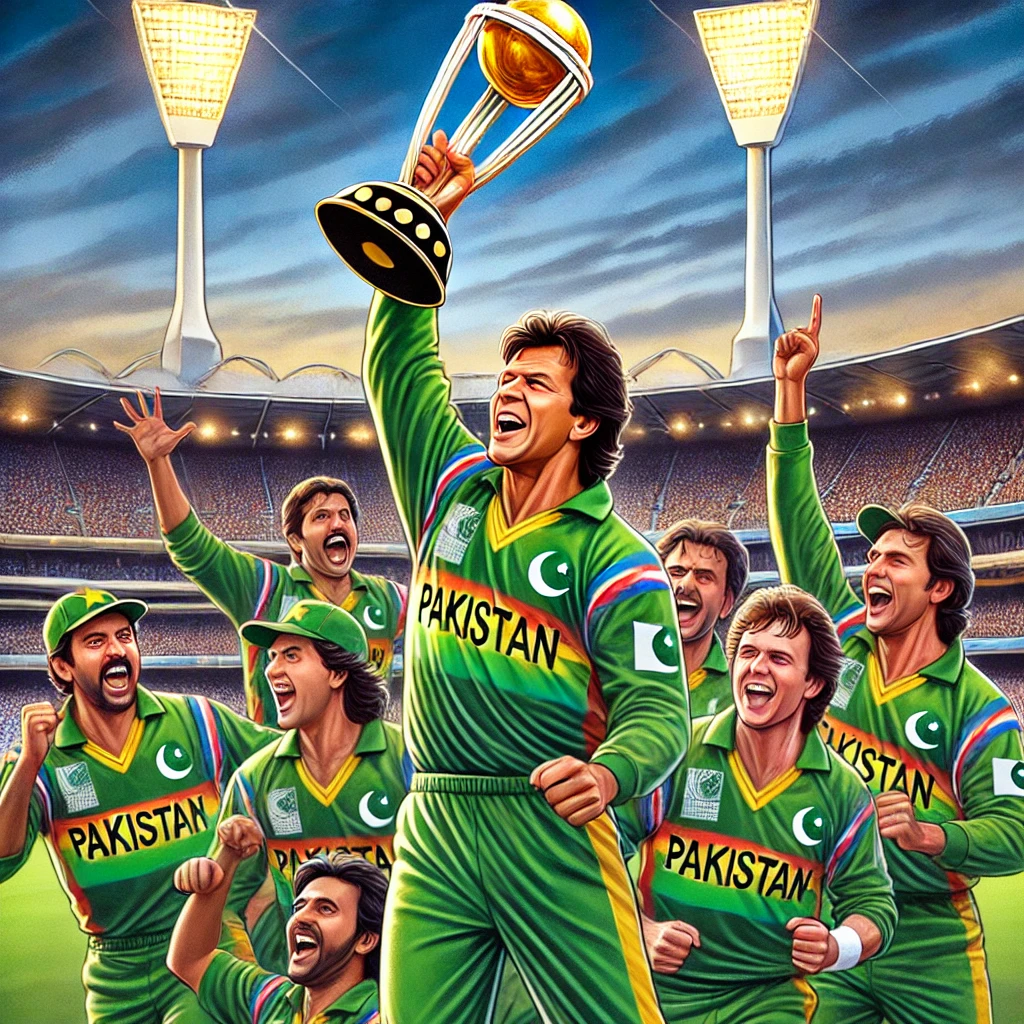
The 1992 ICC Cricket World Cup stands as one of the most iconic moments in cricket history. Held from February 22 to March 25, 1992, it was the fifth edition of the Cricket World Cup, and for the first time, the tournament introduced significant changes that revolutionized the sport.
Highlights of the 1992 ICC World Cup:
- Host Nations: The tournament was co-hosted by Australia and New Zealand, marking the first World Cup to be played in the southern hemisphere.
- Format: It was the first World Cup to feature a round-robin format where each team played every other team, followed by the semi-finals and final.
- Colored Kits & Day-Night Matches: The 1992 edition was the first to introduce colored clothing, white cricket balls, and day-night matches played under floodlights, which became a game-changer in the world of cricket.
- Participating Teams: Nine teams participated: Australia, New Zealand, England, Pakistan, India, Sri Lanka, South Africa (who returned to international cricket post-apartheid), West Indies, and Zimbabwe.
Pakistan’s Road to Glory
Under the leadership of the charismatic Imran Khan, Pakistan claimed its first-ever World Cup title in 1992. The team faced several ups and downs throughout the tournament, starting with early losses that put their campaign at risk. However, Pakistan’s incredible comeback story remains a tale of resilience and determination.
Imran Khan famously rallied his team with the metaphor of “cornered tigers” after several tough defeats. His belief in young talent like Wasim Akram and Inzamam-ul-Haq proved vital. In the final against England at the Melbourne Cricket Ground, Pakistan won by 22 runs, with a superb all-round performance. Wasim Akram’s bowling heroics and Imran Khan’s steady captaincy were pivotal in securing the historic win.
Standout Performers
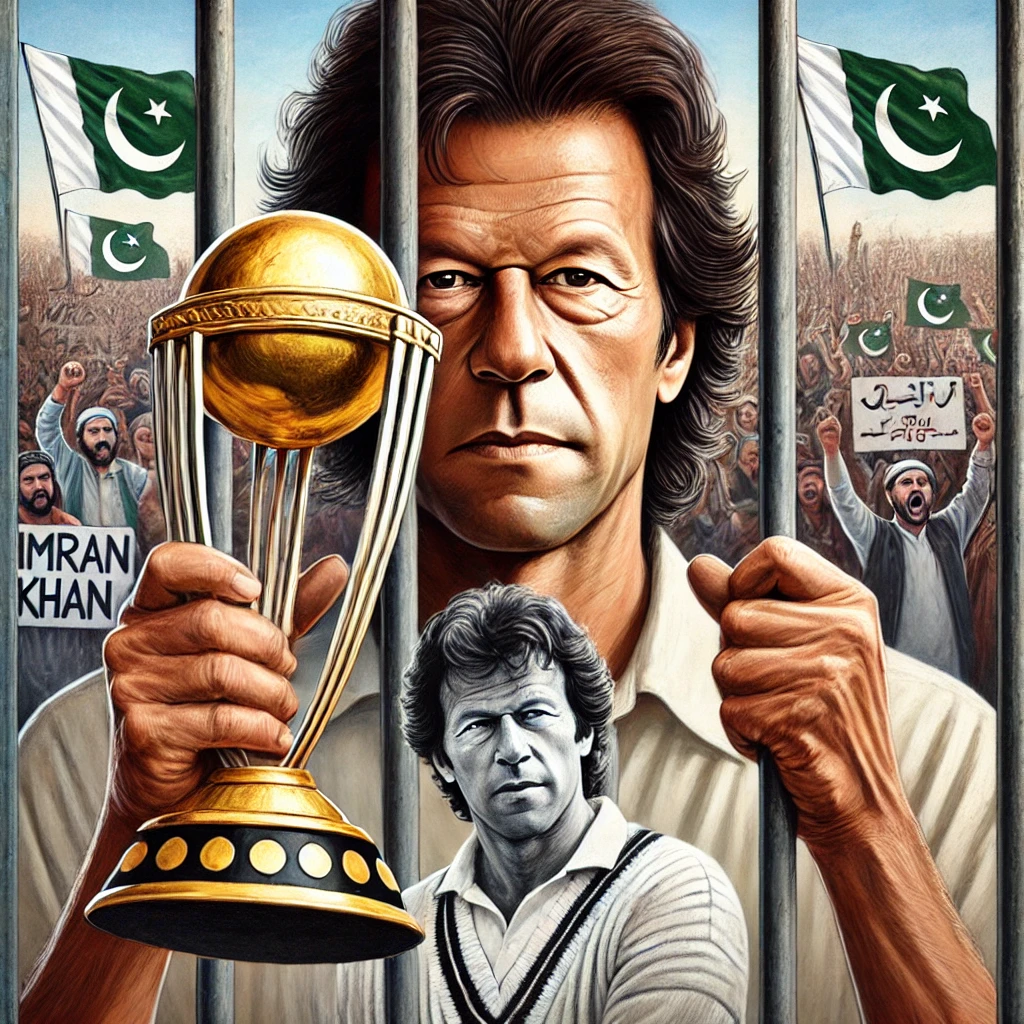
- Imran Khan: As Pakistan’s captain, Imran Khan was not just the leader on the field but the heart of the team. His 72 runs in the final and his overall leadership were instrumental in Pakistan’s triumph.
- Wasim Akram: The left-arm pacer was one of the stars of the tournament, particularly in the final where he took two wickets in two balls, breaking the back of England’s batting line-up.
- Javed Miandad: A seasoned batsman, Miandad’s experience and grit were crucial for Pakistan, especially during key moments in the tournament.
- Martin Crowe: The New Zealand captain was named Player of the Tournament for his exceptional batting and tactical acumen, leading his team to the semi-finals.
Innovations That Defined the Tournament
The 1992 World Cup introduced several innovations that have since become a staple in modern-day cricket. The round-robin format allowed every team to face each other, making the competition more competitive. The introduction of colored clothing and floodlights was a visual treat, enhancing the appeal of one-day cricket, particularly in day-night matches.
Another major development was the use of the white ball, which improved visibility for both players and spectators under lights. The World Cup also welcomed South Africa back into international cricket after the end of apartheid, marking a moment of historical significance in the sport.
Legacy of the 1992 ICC World Cup
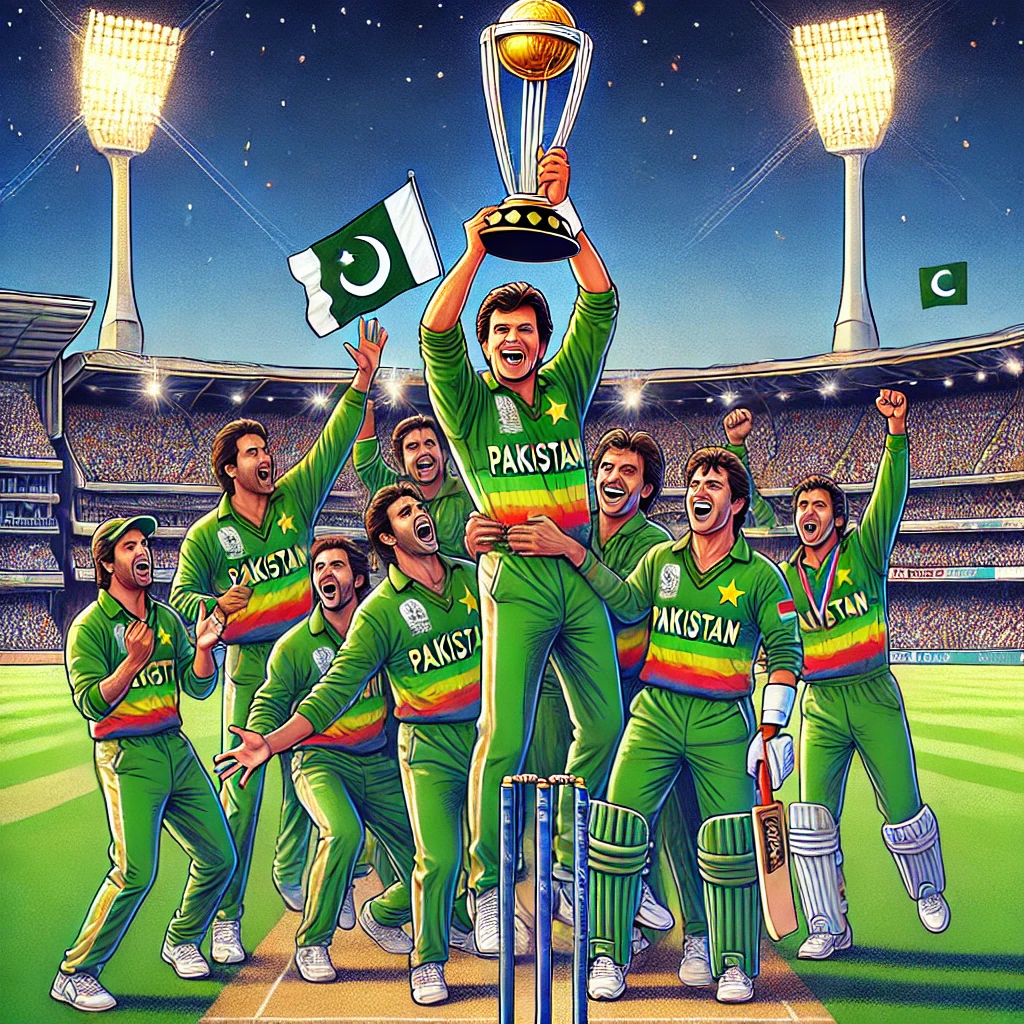
The ICC Cricket World Cup 1992 is remembered as a tournament that changed the face of cricket. It laid the foundation for modern one-day cricket with innovations that are still relevant today. For Pakistan, the victory remains one of the greatest moments in their sporting history, with Imran Khan’s legacy as a leader solidified forever.
Read More: www.ptvsportshd.com


